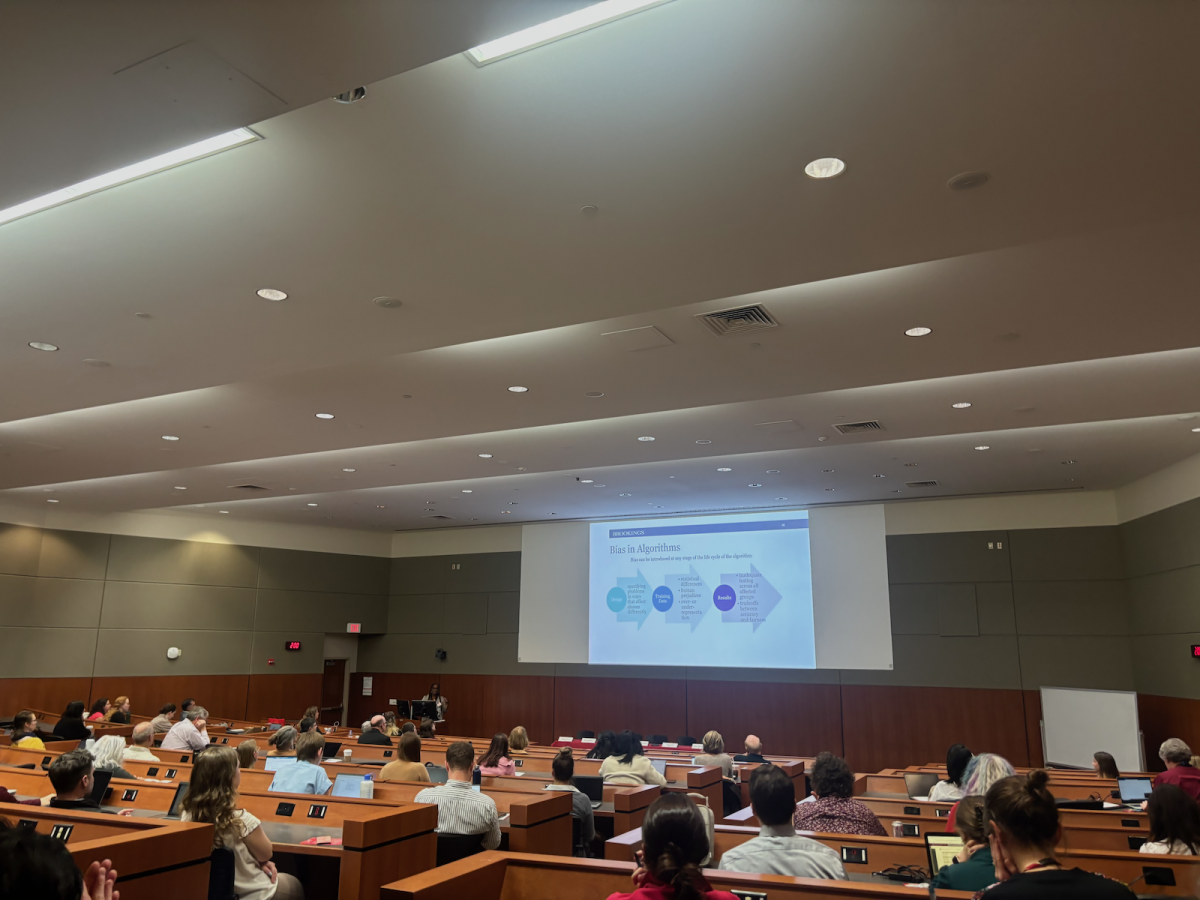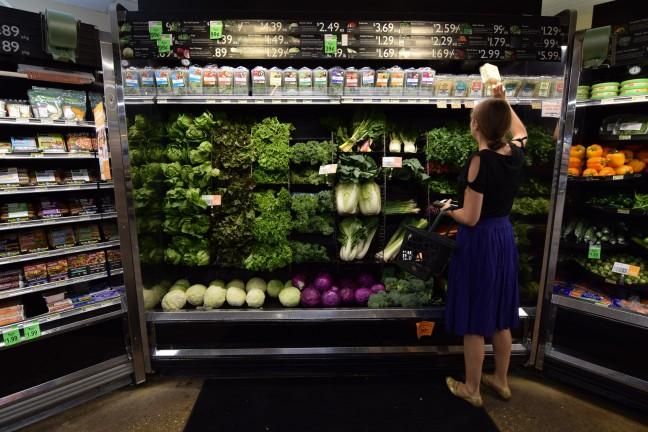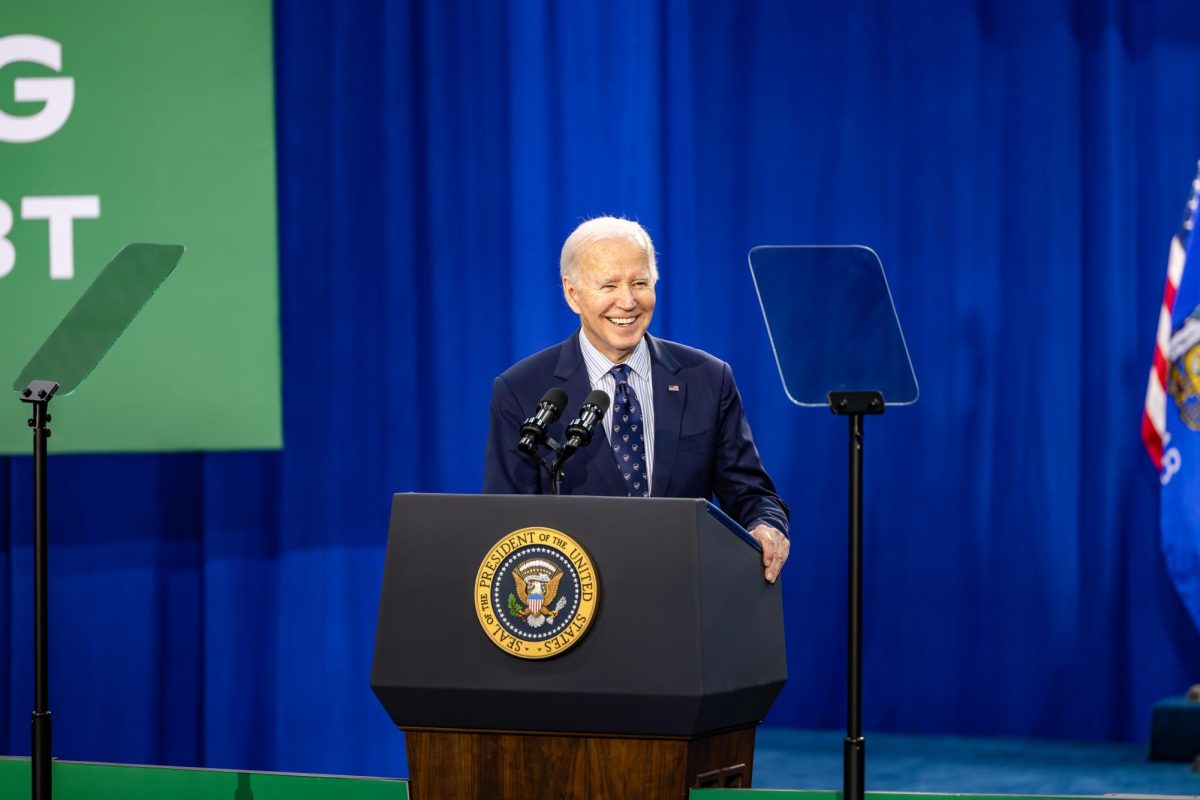The United Food and Commercial Workers Local Union 1473’s president sent a letter to Gov. Tony Evers asking him to temporarily classify grocery store employees and food processing workers as first responders earlier this month.
UFCW 1473’s request came as Evers announced a Safe at Home order to curb the spread of COVID-19 and infections in Wisconsin exploded to over 1,000 confirmed cases and 18 deaths.
Wisconsin’s Safer at Home policy states all non-essential workers must remain at home and nonessential businesses must close their doors until 8:00 a.m. on April 24. Residents may leave their homes only to complete necessary tasks such as food shopping, picking up medication and limited forms of exercise.
Among those laborers whose work is legally considered essential are grocery and food processing workers, and as the number of COVD-19 cases continues to grow, UFCW 1473’s President John Eiden grew impatient with a perceived lack of attention paid to its members.
“Members of Congress have given us nothing but partisan gridlock, and many major corporations are failing to strengthen their own paid leave policies for these workers,” Eiden said.
With almost 200,000 Wisconsinites filing for unemployment in the first three weeks of March alone — many of whom are minimum and low wage workers — it is unclear how severely the economic fallout from the COVID-19 pandemic will impact workers represented by UFCW 1473. By classifying grocery store and food processing employees as first responders, these workers would be granted several financial advantages, including two weeks of paid sick leave and priority treatment with regards to childcare services.
By working in an environment which forces repeated up-close interaction with potentially sick customers, University of Wisconsin’s Department of Population Health Sciences Director Patrick Remington said grocery store and food processing workers are exposing themselves to a high risk environment on par with that of first responders.
“I think there’s a real risk,” Remington said. “We don’t know whether people who are ill are staying home. There’s no question that the nature of that [grocery store and food processing] work, unlike other essential services, means coming into contact with people.”
Health care workers lean on community members for childcare as schools close across state
As America hunkers down for the foreseeable future, it is clear grocery store workers will remain on the front lines of the fight against COVID-19, and without guaranteed healthcare or income, UW Professor of Economics and Population Health Sciences Barbara Wolfe fears these workers may need to choose between working while sick or finding themselves bankrupt.
Wolfe said she believes there is an urgent need to address lack of healthcare access for grocery store and food processing employees and hopes to see measures aimed at addressing these discrepancies in coverage.
“A work requirement for Medicaid is exactly what we do not want right now,” Wolfe said. “It creates an incentive to work when starting to feel ill. We really want these workers to have healthcare coverage and paid leave.”
While classifying workers such as those represented by UFCW 1473 as first responders would serve as a substantial relief measure if implemented, Wolfe said such a decision merely provides temporary relief for at-risk workers.
Wolfe floated the idea of a universal basic income as either an alternative solution to a first responder designation or a step to be taken in conjunction with UFCW 1473’s request.
“We could have a universal basic income,” Wolfe said. “We do not want a system that encourages a worker who feels ill to go to work in order to get an income and feed themselves and their families.”
According to a National Cooperative Highway Research Program study, there is no official federal definition of a first responder, but the term has often come to encompass emergency rescue and relief workers placed in high-risk environments such as firefighters, police officers and paramedics. The study also concluded various states have their own working definitions of a first responder, and asserted each state has the power to do so.
Remington said Wisconsin should at least consider reevaluating its definition of a first responder for the duration of the COVID-19 pandemic to match the health threats currently posed to grocery and food processing laborers.
“I personally don’t know the policy implications, but perhaps our current definition of what a first responder is needs to be revisited,” Remington said, “We’re asking people to work in a very high-risk environment.”















